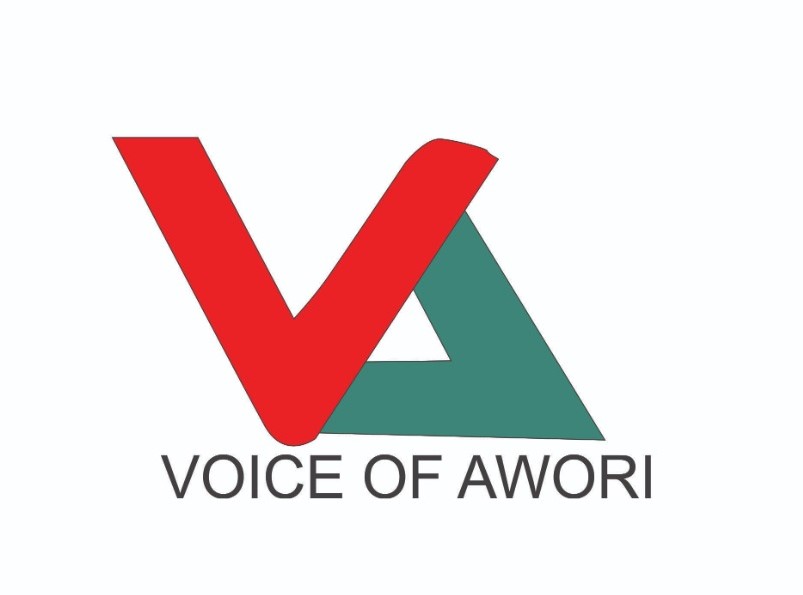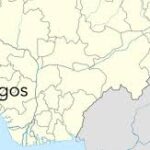President Bola Tinubu has pledged his commitment to assist the National Identity Management Commission in establishing an efficient digital identity system.
This was as the NIMC revealed that the number of Nigerians with National Identification Numbers has increased to 110 million.
The new figure is a 2.39 per cent increase from the 107.34 million that was recorded as of the end of May 2024.
Tinubu stressed that every Nigerian unique proof of identity underscores their fundamental right to protection, sustenance, and support as recognised members of society, regardless of their location.
Represented by the Secretary to the Government of the Federation, George Akume, the President spoke at the National Day of Identity, organised by the NIMC in Abuja on Monday.
The event was to commemorate the sixth edition of the National Day of Identity, themed, “Digital Public Infrastructure: Enabling Access to Services”.
The National Day of Identity is a day stakeholders come together in recognization of the fundamental right of every citizen in Nigeria and across the globe to have a unique verifiable proof of identity.
Tinubu said the Renewed Hope initiative is his administration’s commitment to fostering sustainable development and improving the living standards of all Nigerians.
He said, “In today’s digital age, the ability to prove one’s identity is not just a matter of convenience; it is a cornerstone of our socioeconomic progress. Digital public infrastructure is the backbone that enables access to essential services, from healthcare and education to financial inclusion and social welfare.
“It is through robust DPI that we can ensure every Nigerian, regardless of their background or location, has the opportunity to participate fully in our nation’s growth.
“Our administration’s eight-point agenda, which includes food security, ending poverty, economic growth and job creation, access to capital, improving security, enhancing the business environment, upholding the rule of law, and fighting corruption, is intrinsically linked to the success of our digital identity initiatives.
“By leveraging DPI, we can streamline service delivery, reduce bureaucratic bottlenecks, and ensure that government programs reach those who need them most. A robust, efficient digital identity system has proven vital for the success of government programmes like providing incentives for farmers, the student loan scheme, the National Youth Talent Export Programme, Renewed Hope City and Estate Housing initiative, the Skill-Up Artisans Programme and others,” he said.
The President noted that verifiable identity is crucial in ensuring the right services and assistance goes to the right people in need of them.
“Digital identity is a key enabler of this vision. It empowers individuals, facilitates economic transactions, and enhances transparency and accountability in governance.
“With a reliable digital identity system, we can build a more inclusive and prosperous Nigeria,” the President added.
On her part, the Director-General of NIMC, Abisoye Coker-Odusote, said Nigeria is currently on the right path towards the harmonisation of its digital identity.
She stated that this accomplishment results from the strategic plan implemented by the current NIMC management, highlighting that the role of DPI has become indispensable to Nigeria’s economic development.
Odusote said, “The role of DPI has become indispensable to Nigeria’s economic development, as it offers a framework that connects citizens to essential services such as social welfare, healthcare, education, and financial inclusion. At the forefront of this transformation is NIMC, responsible for the National Identification Number, which has enrolled over 110 million Nigerians.
“This provides a unique opportunity for the other two pillars of the DPI – data exchange and payment – to be layered on foundational identity for its effective development and adoption.”
The NIMC DG added that the digital infrastructure has also assisted the government and financial institutions in facilitating digital payments, digital money, digital identity and digital processes.
She explained that the Student Loan Initiative which has benefitted 257 institutions, registered 332,715 students for loans, and made payments to over 18,000 students showcases how DPI can eliminate financial barriers to education.
“I must say we are on the right path and key strides have been made through collaboration and partnerships with government agencies and private sector players linking of NINs and phone numbers with the telecommunication companies, NIN and Bank Verification Number harmonisation with financial institutions to facilitate digital payments, digital money, digital identity and digital processes, amongst others.
“Furthermore, the Student Loan Initiative showcases how DPI can eliminate financial barriers to education. By collaborating with 257 institutions, 332,715 students have been registered for loans, and over 18,000 students have already received payments through the initiative,” she added.
The Minister of Interior, Olubunmi Tunji-Ojo, said the day was worth celebrating as it would open up new opportunities for Nigerians to actively participate in government programmes and enjoy the benefits thereof.
He said the digital identity system enables the government to plan for its socio-economic programmes and other challenges, noting that it remains critical to the social and financial development of the country.










